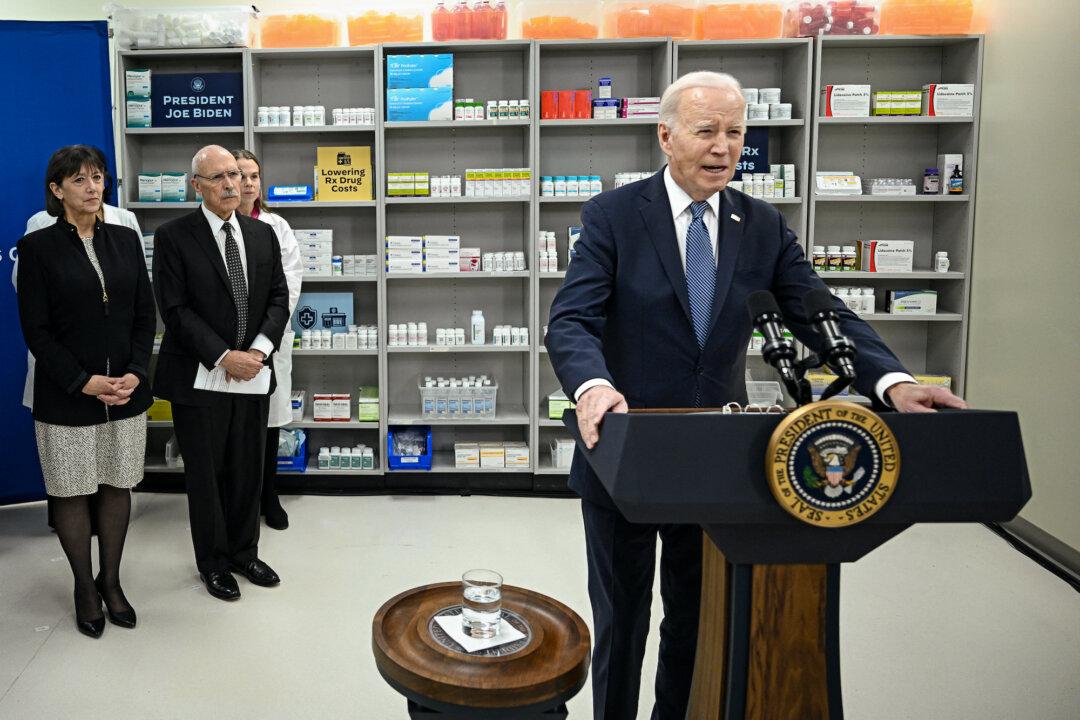A federal judge has dismissed a lawsuit by pharmaceutical industry trade groups seeking to block the Biden administration’s new program that gives Medicare the authority to directly negotiate drug prices with manufacturers.
In an opinion handed down Monday, Senior U.S. District Judge David Ezra in Austin, Texas ruled that the National Infusion Center Association (NICA)—one of the plaintiffs—did not have standing to sue, since it does not make or sell drugs that would be affected by the Medicare negotiation program.





